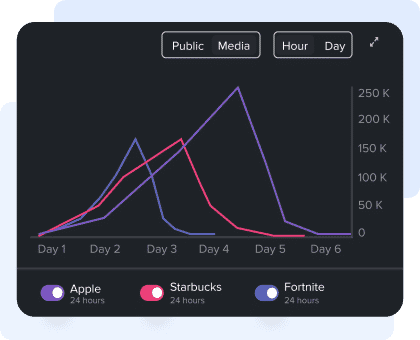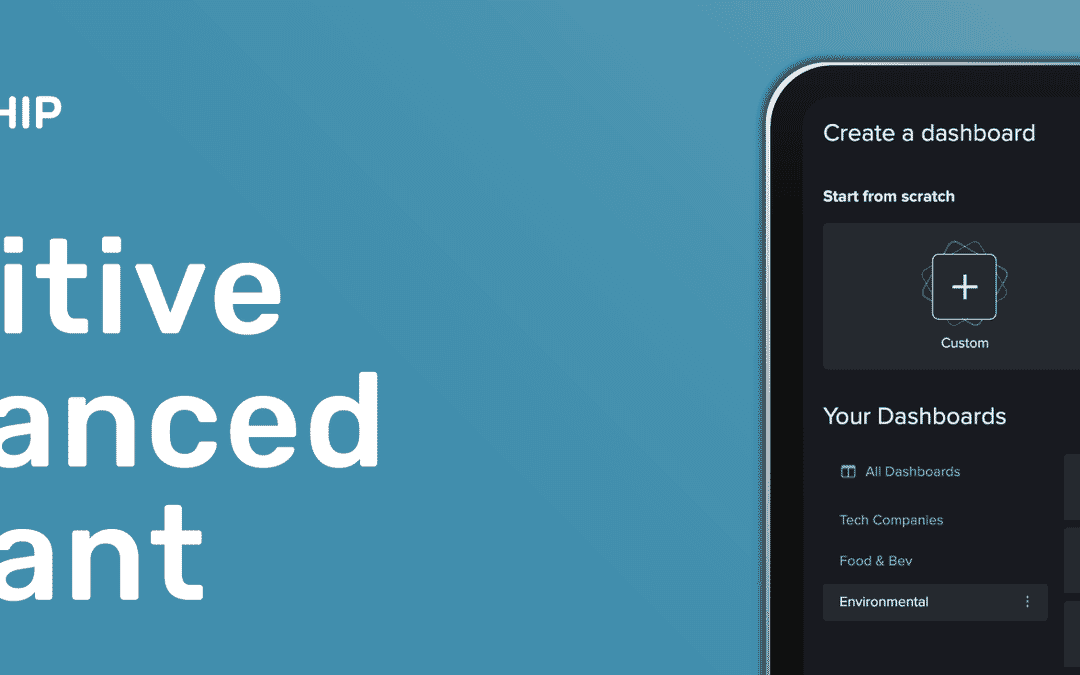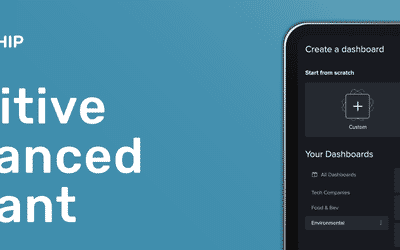Groups on social media can be one way of getting your content or message in front of new audiences on social media. But what does a successful group look like?
In recent months, the appeal of social media groups seems to be growing, as publishers and marketers ponder ways to better engage their social media followers in the face of narrowing algorithmic visibility.
Most of the discussion about the potential of social media groups has focussed on fostering discussion, growing a community and audience, and hopefully extending the reach of your content or message. As noted in a social publishing predictions analysis on the blog at the start of the year:
More focus on smaller groups and communities could be one way of catering to two of the big problems caused by a lack of trust and platforms’ desire to stimulate more conversation amongst users themselves, rather than relying on broadcasts from pages with huge audiences. It’s not just restricted to Facebook, however — WhatsApp, email, Telegram, and more can all be potential gateways to smaller community building efforts.
Publishers such as NPR, The Washington Post, the Boston Globe and ProPublica have devoted energy to building targeted Facebook groups in the last few months. Meanwhile, brands and agencies including HBO, 360i, and more have been developing groups as a way of trying an alternative approach to sharing news and information in crowded news feeds:
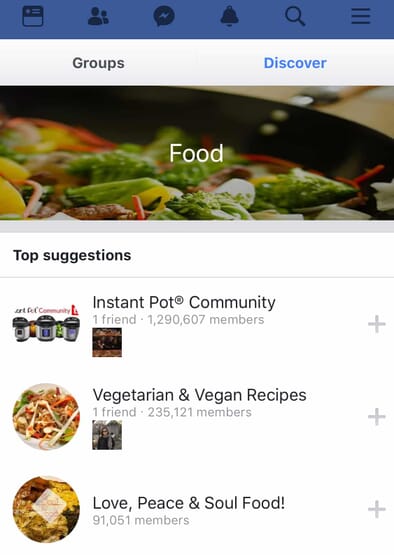
Facebook has a Discover section to suggest Groups based on interests.
But what are the best ways of creating and maintaining a social media group or community, on Facebook, LinkedIn, or even Reddit? We look at five key tips and examples to help get started in the area.
1) Be specific with the group theme
One of the key distinguishing features of successful Facebook groups is their specificity. Tapping into a particular area that members will be keen to see content about is important.
Think about the ties that hold potential group members’ interests – this, as opposed to the often generalised nature of pages, is what contributes to social media groups’ reputation as being more ‘sticky’ environments for engagement and audience development.
Group themes can be broad in nature, or else very specific. The Peloton Rider Facebook group (73,000 members) is intended for ‘Peloton members to share their experiences on the Peloton bike and iOS app’, and sees significant engagement. Looking at that group’s top-level stats as of February 28th, it’s clear that the admins have managed to tap into a very conversational theme for members:
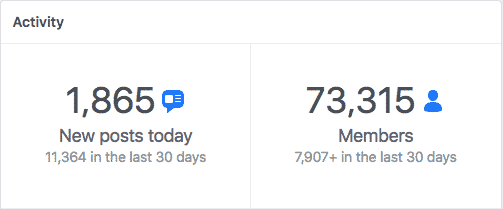
Other examples of include: geographic proximity (such as local news), product use, common interests, news themes, career development and industry advice (the latter two are particularly relevant on LinkedIn).
Ideas might come from the content that you already create, for social media, or even blogs and newsletters. Are there particular themes that keep recurring? Do certain blog posts get shared more often than others, or are there questions that readers email in about frequently? Any of these signs could be the kernel for an interesting Facebook group.
2) Encourage members to get involved
Ensuring regular member input is key to ensuring the long-term success of any social media group. While group admins and community managers will continue to have key roles in overseeing the page as it grows, fostering an environment where group members feel comfortable and willing to share with the wider group is important.
One way of putting the members front and centre of a social media group’s output is to consider running a regular member-focussed feature. Examples include a regular member interview, or a ‘members’ questions’ segment.
There are other aspects to the social media group’s analytics. On Facebook, once the group exceeds 250 members, you’ll be able to access Group Insights, a more granular look at metrics and data around activity among members in the group, which helps pinpoint the most successful themes.
Posted by Facebook on Wednesday, June 21, 2017
3) Be active in moderating and managing discussion
When running a group, it’s important not to let things get derailed. Once your group starts to grow, others may see it as a means of seeding their own content, messaging or product. In other areas, troll behaviour and consistently negative or unconstructive commenting can make the group less appealing to a wider audience who are hoping to learn something.
Community managers can take the initiative to start conversations in the group, knowing the type of content that might get members interested. But there’s no need to leave the input there. Monitoring comment threads and identifying posts that diverge from the group’s aim is essential in keeping things on topic. Better still, develop a simple but clear set of rules for the post description. For example, Bloomberg’s 900 person ‘Brexit Decoded’ Facebook group is explicit in terms of what moderators see as unacceptable discourse, in the group discussion:
- Offensive or personal attacks on group members or public figures.
- Off-topic posts, comments or imagery.
- Political campaigning of any kind.
- Links to fake or hyper-partisan sites without comment or context.
- Spammy or repetitive posts.
Creating a similar list of behaviours you don’t want to see in the group is a good starting point for encouraging constructive contributions.
4) Aim for a diverse range of content and topics
The ideal social media group is a space where users can share information, tips, views, and experiences around the theme in question. In that sense, it’s not all that far removed from a message board or subreddit.
Successful message forums involve lots of new content of a wide variety, rather than a strictly formulaic output dictated by moderators. Ideally, much of the content will eventually come from the members themselves. Sometimes, the members themselves can take control of the discussion, leading it in different directions.
In Facebook groups for Duolingo, the language learning app, members regularly ask questions and dispense language tips to each other, sparking lengthy discussion threads on the merits of various translations.
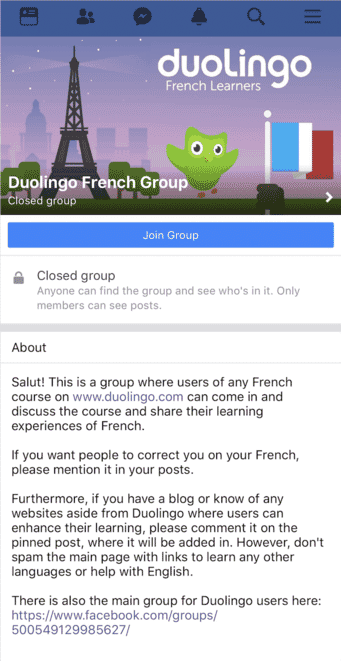
But there are ways for admins to help change things up. Are there other interesting developments in the space, that didn’t come from your own site or organisation? Any insight into the space in terms of new content could help spark new discussion, boosting the group’s visibility and encouraging members to stick around.
5) Make sure the group offers something unique
Apart from possibly seeing posts more frequently, why should people join your group, rather than just liking your main page? If the group is just being used as another variation on the Facebook or LinkedIn page, where links and videos are posted with little additional context or unique content, there isn’t much to distinguish your group as a destination in the first place.
Try to keep things interesting, and don’t lose sight of the overall aim of the group: to create a space where the audience is engaged and interested in what’s being discussed.
NewsWhip Analytics allows media and marketing professionals to understand what narratives and issues are resonating with people, sparking conversations, and capturing imaginations. Sign up for a trial today.



